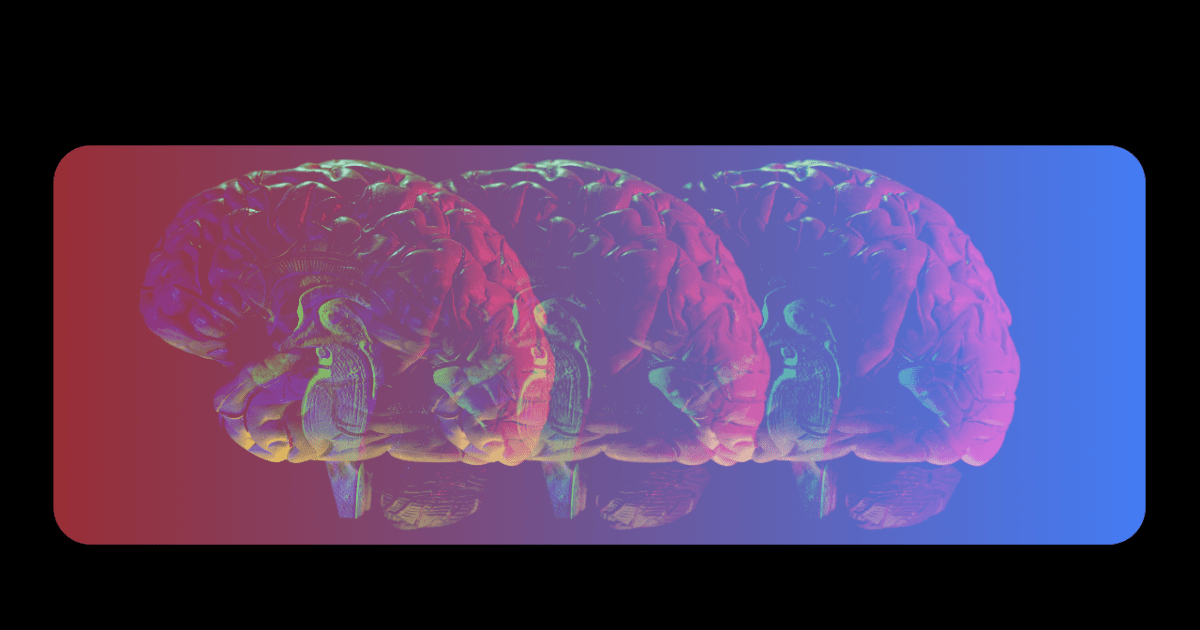Sign up for Big Think on Substack
The most surprising and impactful new stories delivered to your inbox every week, for free.
Don’t try to eliminate your stress. Instead, take advantage of it.
Three experts, Aditi Nerurkar, MD, MPH, Kelly McGonigal, PhD, and Jon Kabat-Zinn, PhD combine their insights on physiology, psychology, and mindfulness to show how stress management can become a superpower. They explain how stress can help you grow, how the body’s “challenge response” fuels focus and energy, and how mindfulness can help you see beyond your thoughts.
We created this video for Brain Briefs, a Big Think interview series created in partnership with Unlikely Collaborators. As a creative non-profit organization, they’re on a mission to help people challenge their perceptions and expand their thinking. Often, that growth can start with just a single unlikely question that makes you rethink your convictions and adjust your vantage point. Visit Perception Box to see more in this series.
ADITI NERURKAR: Learning how to manage your stress is a skill just like riding a bike.
It is something that you can teach your brain to do, and it is something that you can teach yourself to do. You can rewire your brain and body for less stress and more resilience.
in scientific terms, we say that is adaptive stress. Getting a new job or a promotion. Falling in love. Healthy stress moves your life forward.
But when stress goes unchecked and is untamed, dysfunctional, and unproductive, that’s when stress goes from being adaptive to maladaptive. And those two are very different when it comes to how they impact your brain and your body.
KELLY MCGONIGAL: Most people believe that there is one way that the body responds to stress, and everyone’s heard the fight-or-flight response. And it turns out that the brain and the body actually have another way of responding to these kinds of high-stakes challenges.
That other way of responding to stress is called a challenge response. It’s a way for your brain and body to give you maximum focus, attention, and energy. When you have a threat response, it’s going to feel more like dread or overwhelm. When you have a challenge response, the brain and body actually shift into a state that gives you more access to your resources.
Your heart might still be pounding, but your blood vessels are going to relax and open up so you get more blood flow to your muscles and to your brain. All of your senses open to all the information that’s available to you, which means you’re basically smarter under stress.
JON KABAT-ZINN: We are virtually continually bombarded by thoughts. They are like weather patterns in the mind, and there are sometimes like nice, clear, sunny days. But there are an awful lot of cloudy days, tumultuous days, rainy days.
And when you get in touch with what awareness really is, the first thing you realize is that those thoughts are not me and they’re not mine. People misunderstand meditation as, oh, I just sweep all my thoughts away and then I’m in this like nirvana. There’s no way to sweep your thoughts away. They will get you every time.
But when you see that you’re not your thoughts, then you can watch them in this kind of impersonal, observing way. And you can see that if you don’t touch them, they self-liberate naturally.
ADITI NERURKAR: The goal of life is not to live a life with zero stress. It’s, in fact, biologically impossible to do this. It’s to live a life with healthy, manageable stress so stress can serve you rather than harm you.
KELLY MCGONIGAL: Literally just embracing your own stress energy, arousal, or anxiety can transform what’s happening in your brain and body to really help them rise to the challenge.

